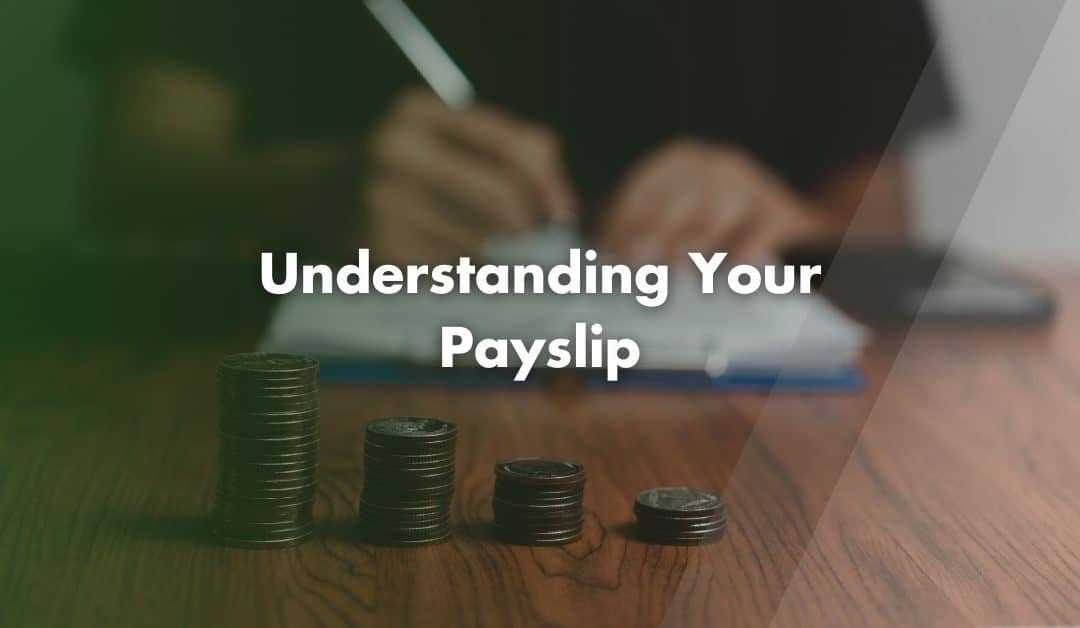Your payslip is more than just a record of your pay. It shows how your employer has calculated your pay, what deductions they have made, and how much you actually take home. Each payday, take a moment to review your payslip carefully. You should check your earnings, deductions and tax code. If something seems off, ask questions until you understand it fully.
When you know how to read your payslip, you can manage your money with confidence and make the most of every pound you earn.
What is a Payslip?
A payslip is a record of your earnings and deductions for a specific pay period. It shows your income before and after deductions, along with information about tax, pension contributions and National Insurance. Your employer must give you your payslip on or before payday. You might receive it as a printed document, an email or through an employee portal.
Every employee and worker, including part-time and casual staff, has the right to an individual payslip. However, freelancers and independent contractors do not usually get payslips because they manage their own tax and National Insurance through Self Assessment.
You should keep payslips for at least 24 months after the end of the tax year. They can serve as proof of income when applying for loans, renting property or checking pension contributions. They may also help if you need to claim State Benefits for query a tax issue later.
What Should a Payslip Include?
Every payslip must include specific information so you can see exactly how your employer has worked out your pay. This includes:
Gross Pay – Your total earnings before any deductions. This includes salary, overtime, commission and bonuses.
Net Pay – Also known as “take-home pay”, this is the amount your receive after all deductions.
Income Tax – The tax your employer deducts and pays to HMRC on your behalf.
National Insurance Contributions – Payments that go towards benefits such as the State Pension and the NHS.
Pension Contributions – If you are part of a workplace pension scheme, this shows the deduction. Your employer’s contributions may also appear.
Student Loan Repayments – If you are repaying a student loan, this shows the deductions each pay period.
Variable Deductions – Deductions may change, such as tax and National Insurance.
Fixed Deductions – Regular deductions such as union fees or loan repayments.
Hours Worked – If you pay varies based on hours worked, your payslip must include this information.
Some payslips also include optional details such as your tax code, National Insurance number and year-to-date totals. Year-to-date figures show your total pay and deductions so far in the current tax year.
Why Your Tax Code Matters
Your tax code determines how much Income Tax you pay. Most employees have the tax code 1257L, which means you can earn up to £12,570 before paying any tax. If your code looks different, such as BR or K, it is worth knowing why.
BR / Basic Rate – This means all your income is taxable at the Basic Rate, usually because you have a second job.
K Code – This means you owe tax from a previous year or receive untaxed benefits such as a company car.
If your employer does not yet have your P45 when you start a new job, they may use an emergency tax code. This can result in higher tax for a short time until HMRC updates your information.
Deductions and Benefits
Your employer can only make deductions that are allowable by law, agreed to in writing or stated in your contract. Common deductions include tax and National Insurance. Some employers also deduct payments for workplace benefits such as private medical insurance.
Other deductions, such as repayments for wage advances or overpayments, must be clearly shown and explained. You should always review your payslip to make sure everything looks accurate. If you spot a deduction you do not understand, ask your employer for clarification.
Your payslip might also show Benefits In Kind, which are taxable perks such as company cars or medical insurance. These can also affect how much tax you pay.
Contact Us
We are not just accountants; we are Chartered Accountants with one of the most reputable and premium accounting bodies. We are registered and regulated by ACCA; so you can rest assured that you are in good hands. Knowing this, don’t hesitate to get in touch with us if you require assistance: Pi Accountancy | Contact Us
This article is for general informational purposes only and does not constitute legal or financial advice. While we aim to keep our content up to date and accurate, UK tax laws and regulations are subject to change. Please speak to an accountant or tax professional for advice tailored to your individual circumstances. Pi Accountancy accepts no responsibility for any issues arising from reliance on the information provided.

